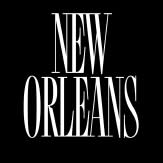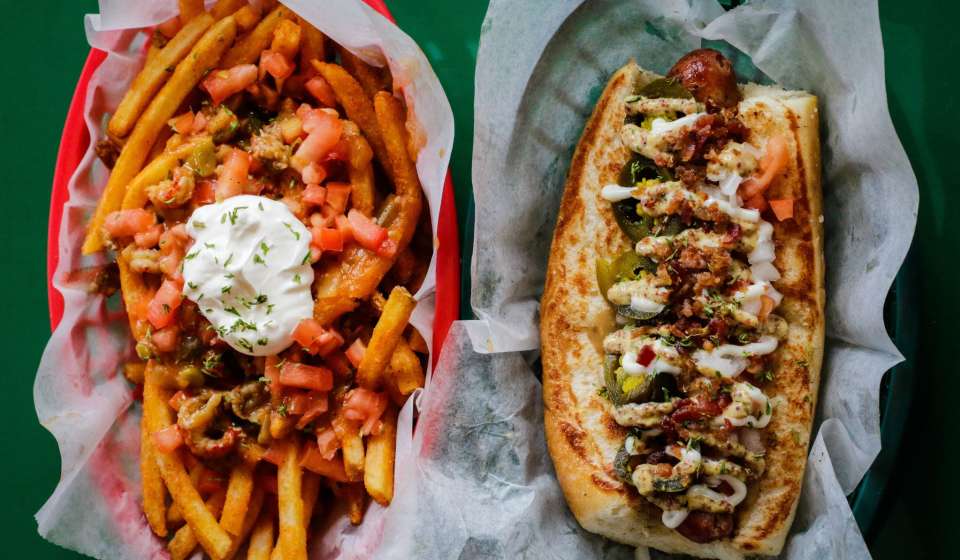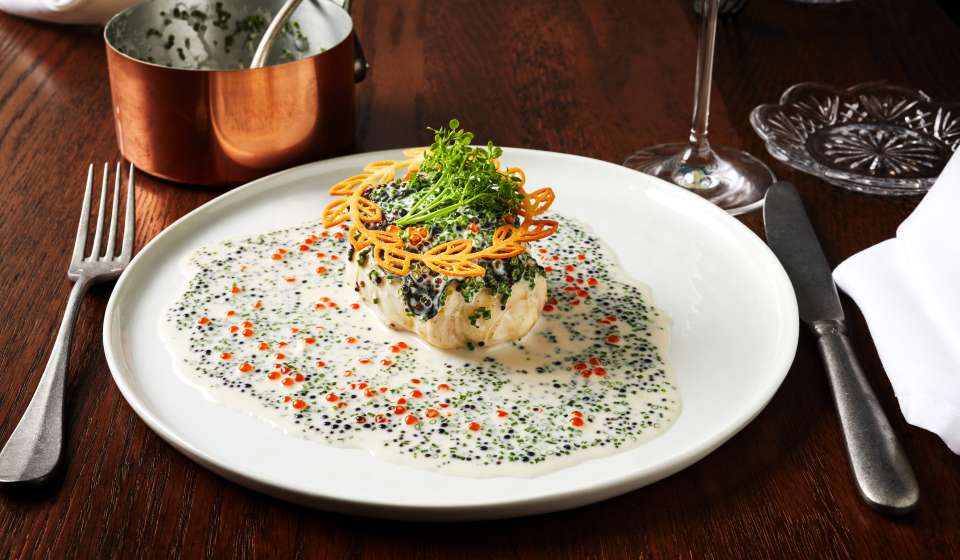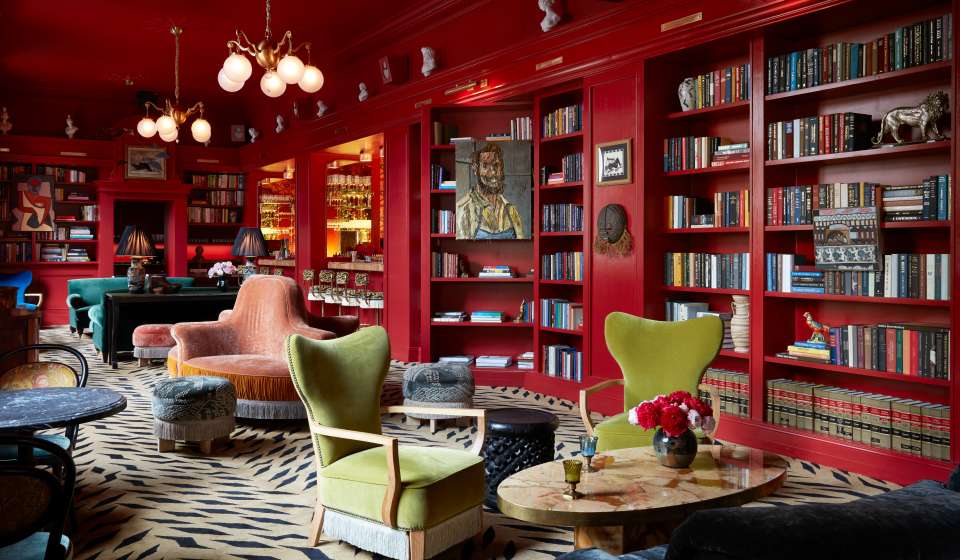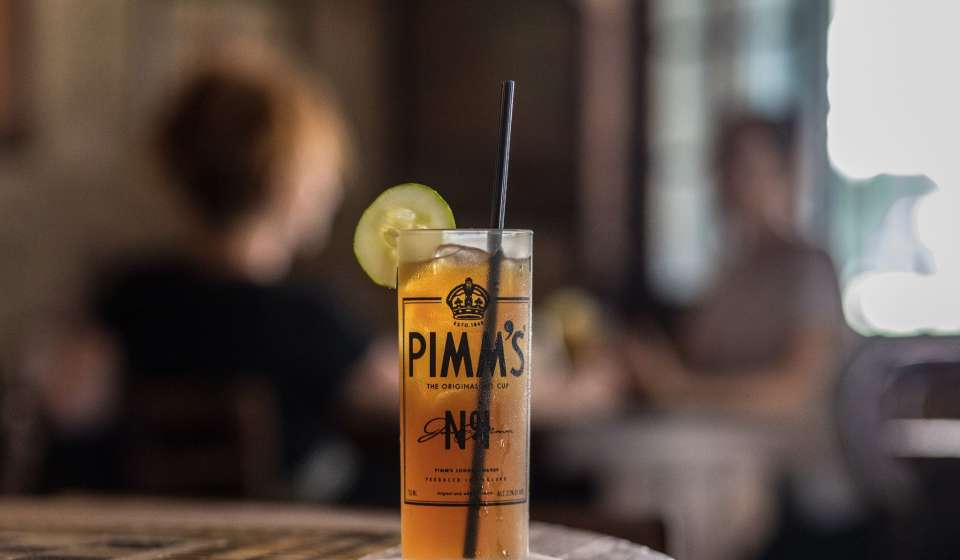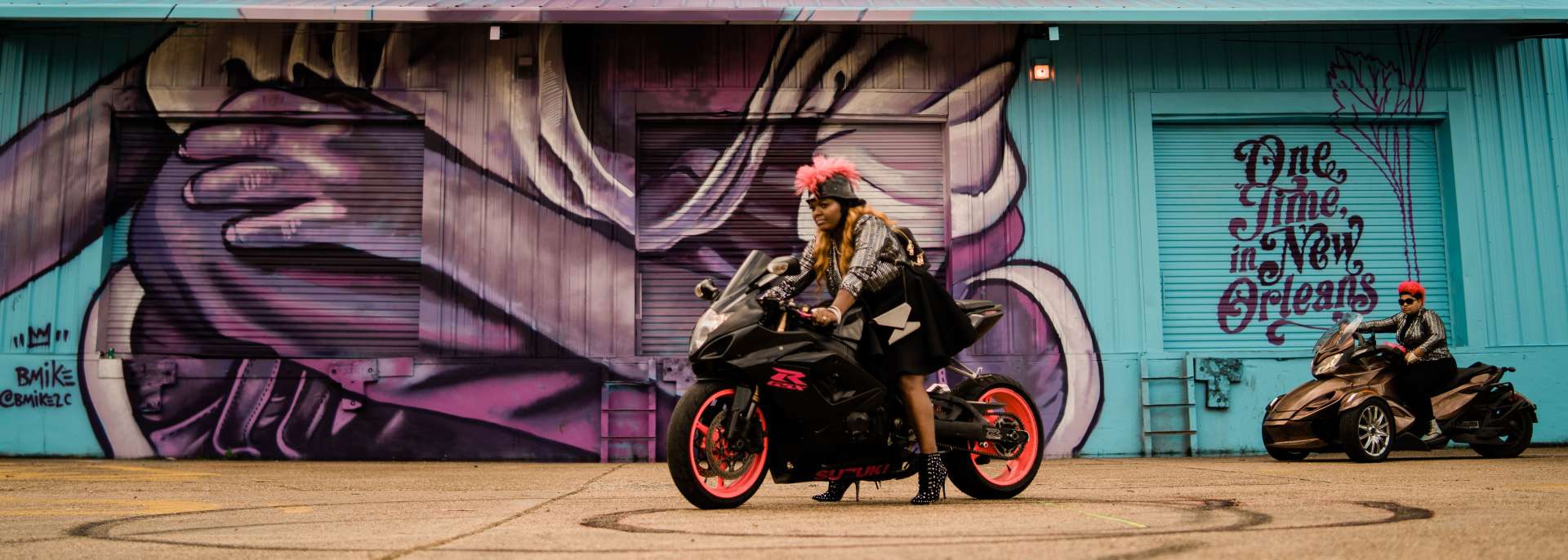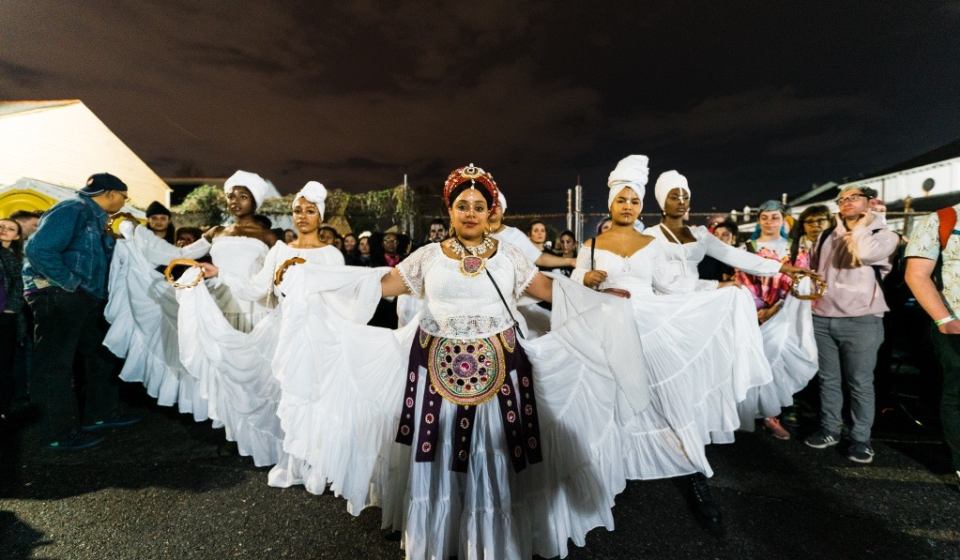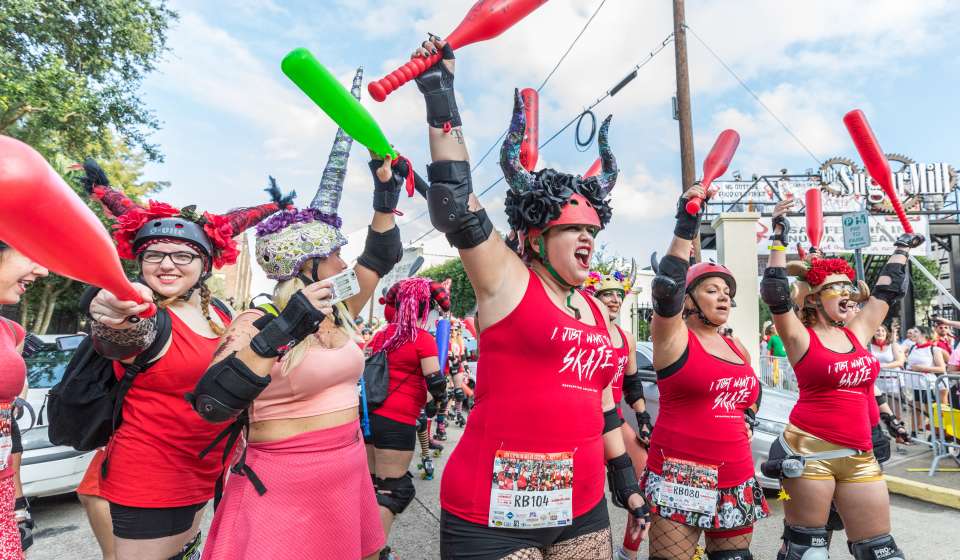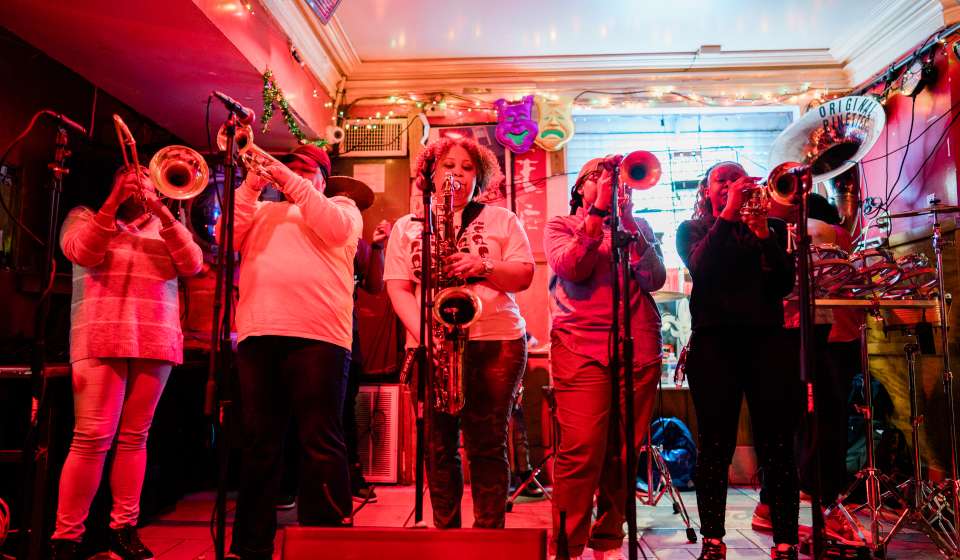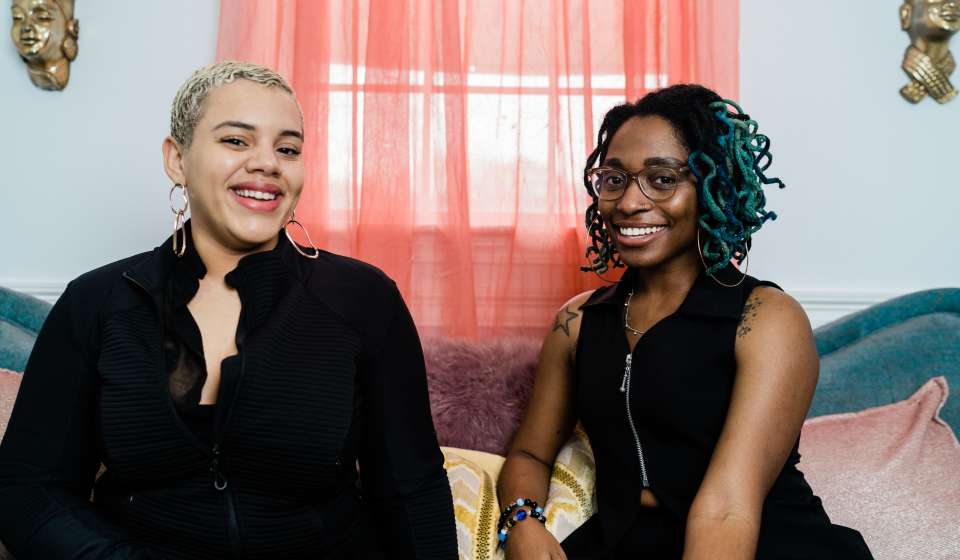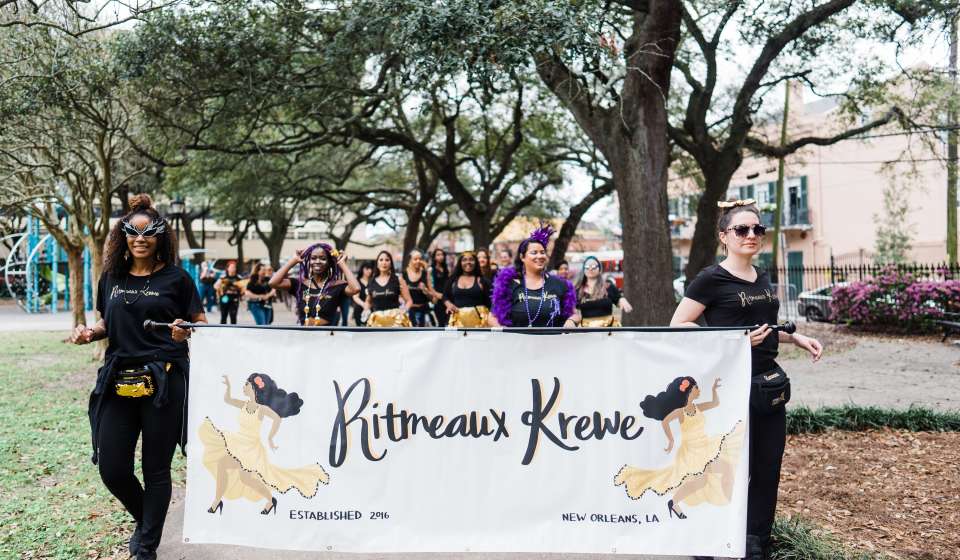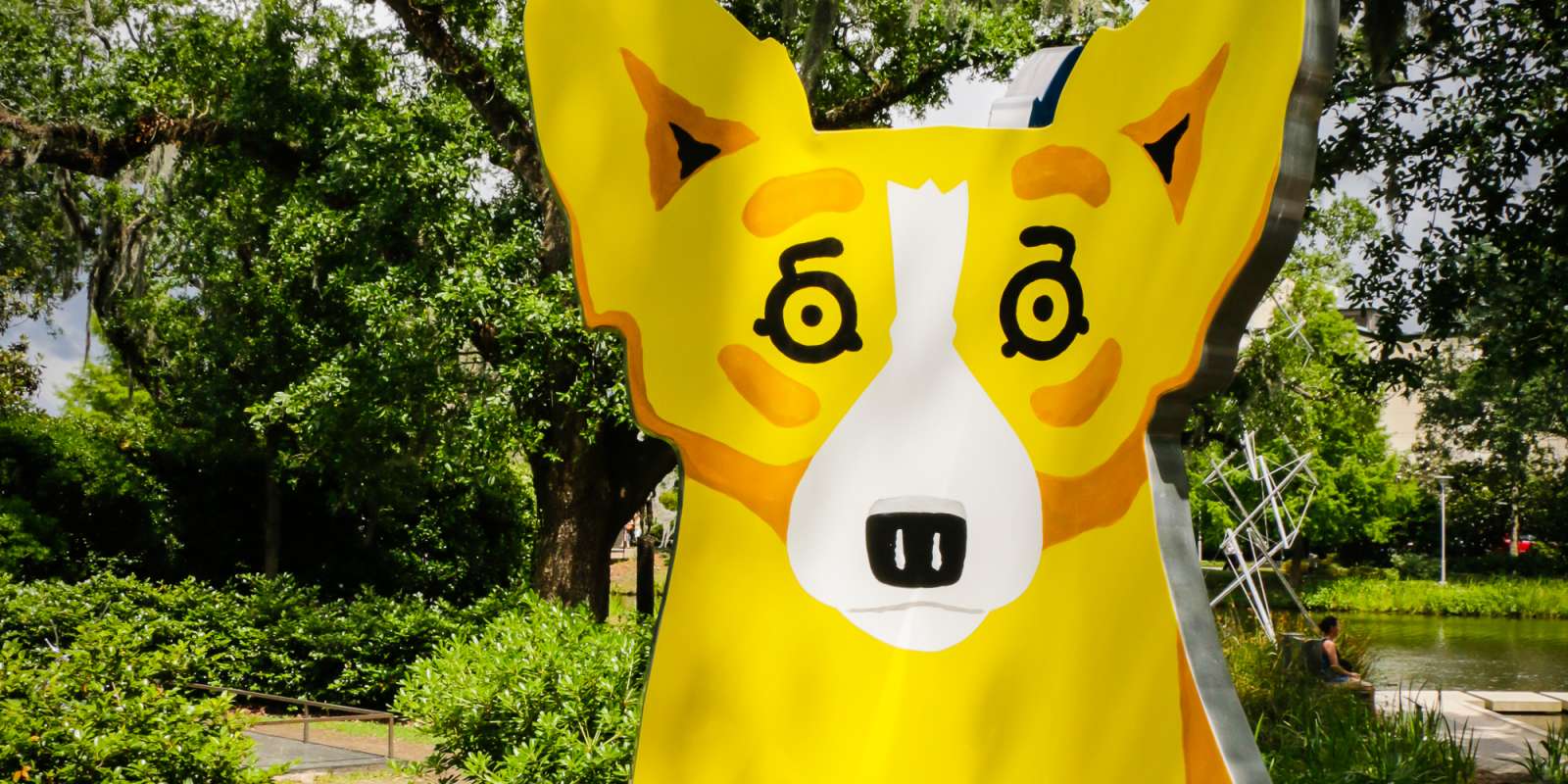There’s the sisterhood that we’re born into, and the sisterhood that we create, and in a city like New Orleans where connections run deep, hospitality is second nature and love is genuine, sisterhood isn’t hard to find.
The Crescent City is filled with close friends with common interests making major impacts on their communities. We celebrate their impact, uniqueness, and special gifts that make New Orleans the city it is. Because after all, girls DO run the world, right?
Here are a few of our favorite female krewes that exude sisterhood here in NOLA.
The Mystic Seven Sisters
Voodoo Queen Kalindah Laveaux began her path in Black Masking Tradition with the Guardians of the Flame Maroon Society and the Yellow Pocahontas. After five years of holding the position of Voodoo Queen in these organizations, Laveaux formed the Mystic Seven Sisters (TM), with the intention of bringing the healing traditions of wise women into street culture. “The masking that we do here in New Orleans comes from our spiritual traditions. So it is only natural to incorporate our spiritual work back into masking tradition”, says Laveaux. The Voodoo Queen formed the sisterhood in order to elevate divine feminine energy, purification, and healing across the city.
For the past three years, the Mystic Seven Sisters (TM) have joined with the Northside Skull and Bone Gang at sunrise on Mardi Gras morning. Together, they process from the Backstreet Cultural Museum throughout the historic Tremé, cleansing and carrying on the traditions of African spirituality. Similar sacred practices are carried out by the Mystic Seven Sisters (TM) on St. Joseph’s Night, Super Sunday, monthly in Congo Square, and at the funerals of culture bearers in the city.
In addition to these sacred ceremonies, Mystic Seven Sisters (TM) are a group of women who lean on each other for support and guidance. The sisters range in age from twenty-two to sixty-six years old. They draw from personal experiences to help each other on their journeys. It is Voodoo Queen Kalindah Laveaux’s hope that the organization’s bond is reciprocated in the community, and ultimately has a positive influence on women and girls throughout New Orleans.
The McDonogh Three
On November 14, 1960 when three little girls from New Orleans’ Lower 9th Ward began their “first” day of first grade at McDonogh #19, they had no idea of the vicious backlash, hostile environment, or historic moment they were stepping into. Though they weren’t born blood sisters, Leone Tate, Gail Etienne and Tessie Prevost would be bonded by sisterhood through New Orleans’ Civil Rights Movement that shook and ultimately dismantled the segregated American South’s public school system. The young girls would grow into women and would become known as the McDonogh Three.
Thanks to their unbeknownst courage at the time and their willingness to share their story today, the work and legacy of the McDonogh Three continues. The three women are using their voices and stories as change-making agents throughout New Orleans’ public schools and beyond.
In 2009, Tate opened the Leona Tate Foundation for Change, which works diligently to promote and improve racial equality in education as well as to preserve and interpret New Orleans’ unique position in the Civil Rights Movement. In January 2020, the Leone Tate Foundation for Change announced its purchase of McDonogh #19. The historic landmark will be remodeled to become the Tate Etienne Prevost (TEP) Interpretive Center, where the foundation will host film screenings and exhibits, special events and will serve as the new home for Tate’s ever-popular Lower 9th Ward Living Museum.
The Big Easy Rollergirls
If you’ve ever participated in Running of the Bulls, New Orleans’ take on the Spanish tradition Encierro de Pamplona, then chances are you might be familiar with the Big Easy Rollergirls (BERG). Outside of playing a safer substitute for live bulls, the Big Easy Rollergirls are a dynamic group of fierce rollerbladers who crave competition. When the roller derby scene began to heat up in 2004, founding members Kate Parker (Cherri Pi), Laura Mogg (little maSCARa), and Jeannie Detweiler (Galaxy Girl) knew the Crescent City would be a perfect fit. In fact, BERG is one of the 20 original charters of the Women’s Flat Track Derby Association (WFTDA).
Now, over a decade later and 14 seasons in, the Big Easy Rollergirls show no signs of slowing down. In addition to regional and national competitions, the Big Easy Rollergirls host and participate in a number of local events, fundraisers and workshops open to the public.
The Original Pinettes Brass Band
In a male dominated industry, the Original Pinettes easily hold their own and stand out as New Orleans’ only, all-female brass band. From their humble beginnings at St. Mary’s Academy Catholic High School in 1991, to gracing the stages of some of New Orleans’ largest festivals including Jazz Fest, ESSENCE, and French Quarter Festival, and performances abroad in Istanbul and Switzerland that gained the group international notoriety, the Original Pinettes show no signs of slowing down.
The seven-member band is led by snare drummer Christie A. Jourdain, alongside Demaries Holmes (tuba), Dionne Harrison (trombone), Natasha Harris (saxophone), Veronique Dorsey, Jazz Henry and Careese Williams (trumpet). While brass brought them together, it’s the bond that’s kept them whole. As Jourdain puts it, they’re not blood related, they’re love related.
Typically, the Pinettes are always performing throughout New Orleans at a range of events and festivals, as well as regularly on Friday nights at Bullet’s Sports Bar.
Babybangz Natural Hair Salon
At Babybangz, the mission of their work goes far beyond hair follicles. In addition to their team of expertly trained cosmetologists, creative approach to all things hair and beauty and their loyal following of local and national clientele, the Mid-City-based natural hair salon also prides itself on the work it does outside of the shop.
Owner and lead stylist Anastasia Ebel, and Babybangz manager Brittany Everfield work alongside their team of bold stylists to create new opportunities to educate and engage with their community. In the past, Babybangz has hosted intimate hair and beauty workshops and demonstrations, participated in a number of local festivals and university fashion shows providing hair services, and curated their own photo exhibition documenting New Orleans culture through hair. The duo publish their own magazine, Loc’d & Curly, which celebrates and highlights natural hair, black culture, education, and the arts.
Ritmeaux Krewe
A surplus of Mardi Gras marching bands is needed to walk the endless amount of festivals, parades, and special events that New Orleans is home to. With so many throughout the city, it can sometimes be difficult to stand out, but not for the Ritameaux Krewe. Beyond their bubbly group of dancers and their dazzling Saints-colored costumes, the Krewe is well known for its position as the first-ever Latin dance marching Krewe.
Formed by Bianca San Martin back in 2016, Ritameaux Krewe was established as a fun way to promote cultural awareness, diversity and inclusion for New Orleans’ expansive Hispanic/Latino community. Ritameaux Krewe celebrates the rich cultural heritage through the use of dance such as salsa, bachata, and merengue. Since its founding just four short years ago, the Ritameaux Krewe has performed in a number of New Orleans’ most prominent and celebrated festivals and parades, including the Krewe of Freret and other Mardi Gras parades, Carnaval Latino, Southern Decadence, and NOLA Caribbean Fest.
Caramel Curves
While motorcycle groups are a common thread of New Orleans’ cultural quilt, the Caramel Curves turn heads and make headlines as the city’s all female, all African-American biker gang. The 14-member krewe can usually be spotted at second lines throughout the city in their pink leather jackets, mohawk helmets, stiletto pumps and signature pink smoke burnouts. From nurses to nail technicians, truck drivers and to stay-at-home mothers, the Caramel Curves come from different backgrounds, but biking brought them together. Formed in 2005 following the devastation left by Hurricane Katrina, the Caramel Curves, among many others, are a sign of New Orleans’ unwavering resilience and community.
